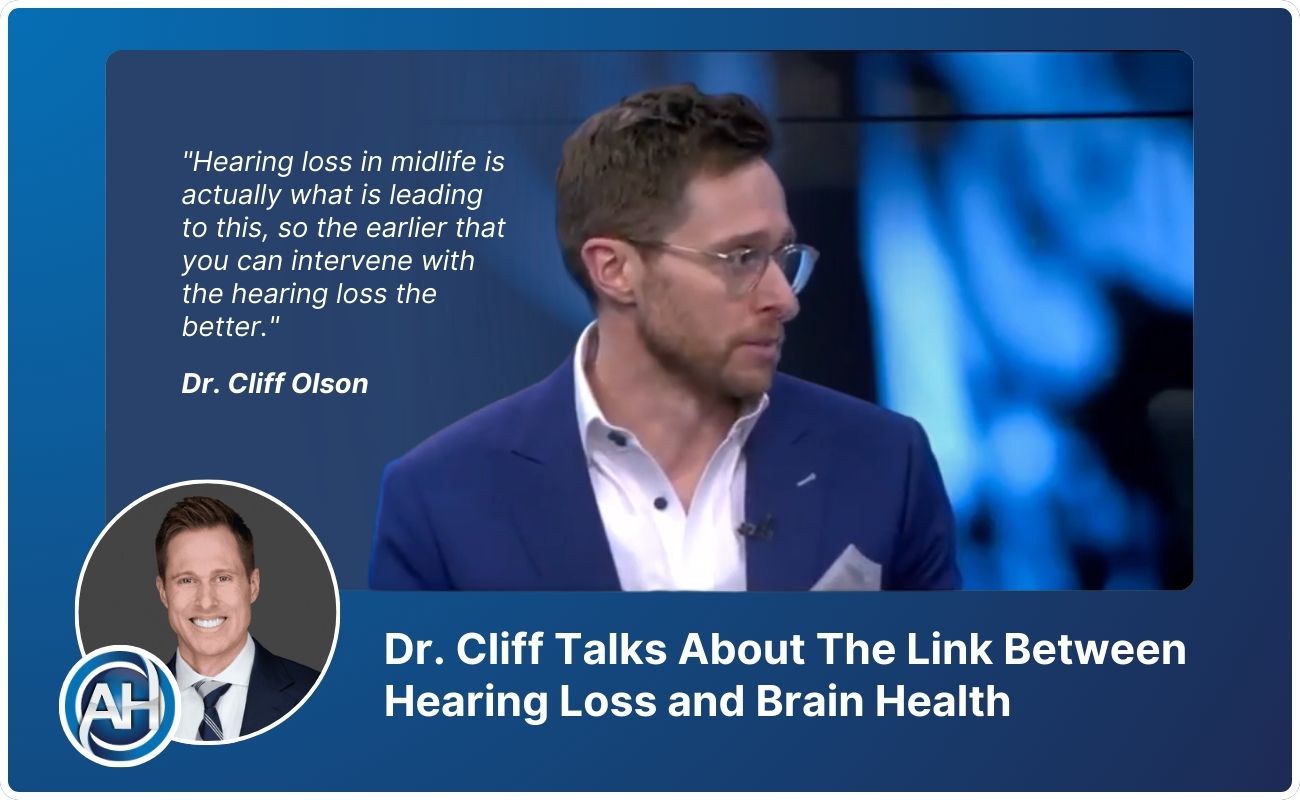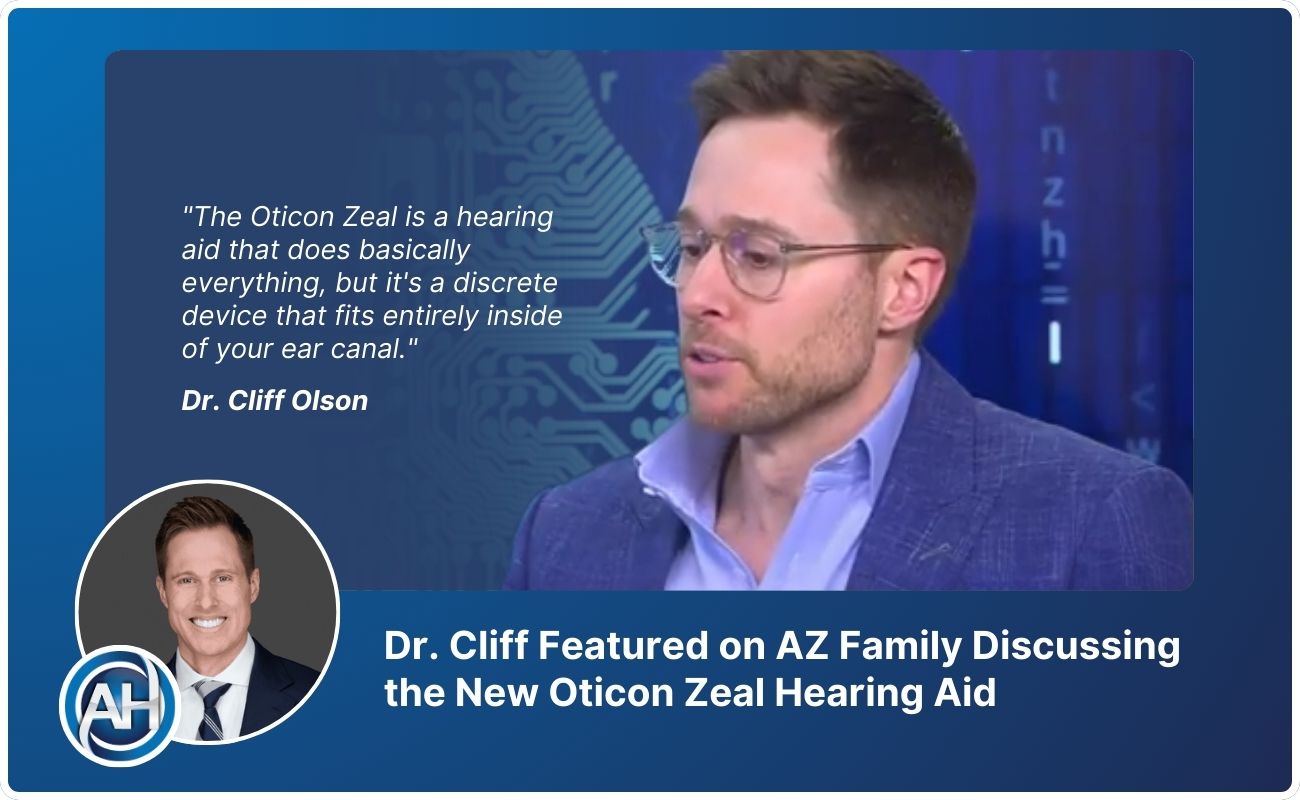.jpeg)
The difference between Audiologists & Hearing Instrument Specialists
Professionals who diagnose and treat hearing loss can vary significantly in terms of training & education. Today, it is still customary for someone to get their hearing tested and a hearing aid fitted by someone and still not know their qualifications. So how do you know which professional to choose to treat your hearing loss? This is why understanding the differences between and Audiologist and Hearing Instrument Specialists are important to consider when treating your hearing loss.
Integrate your CRM with other tools
Lorem ipsum dolor sit amet, consectetur adipiscing elit lobortis arcu enim urna adipiscing praesent velit viverra sit semper lorem eu cursus vel hendrerit elementum morbi curabitur etiam nibh justo, lorem aliquet donec sed sit mi dignissim at ante massa mattis.
- Neque sodales ut etiam sit amet nisl purus non tellus orci ac auctor
- Adipiscing elit ut aliquam purus sit amet viverra suspendisse potenti
- Mauris commodo quis imperdiet massa tincidunt nunc pulvinar
- Adipiscing elit ut aliquam purus sit amet viverra suspendisse potenti
How to connect your integrations to your CRM platform?
Vitae congue eu consequat ac felis placerat vestibulum lectus mauris ultrices cursus sit amet dictum sit amet justo donec enim diam porttitor lacus luctus accumsan tortor posuere praesent tristique magna sit amet purus gravida quis blandit turpis.

Techbit is the next-gen CRM platform designed for modern sales teams
At risus viverra adipiscing at in tellus integer feugiat nisl pretium fusce id velit ut tortor sagittis orci a scelerisque purus semper eget at lectus urna duis convallis. porta nibh venenatis cras sed felis eget neque laoreet suspendisse interdum consectetur libero id faucibus nisl donec pretium vulputate sapien nec sagittis aliquam nunc lobortis mattis aliquam faucibus purus in.
- Neque sodales ut etiam sit amet nisl purus non tellus orci ac auctor
- Adipiscing elit ut aliquam purus sit amet viverra suspendisse potenti venenatis
- Mauris commodo quis imperdiet massa at in tincidunt nunc pulvinar
- Adipiscing elit ut aliquam purus sit amet viverra suspendisse potenti consectetur
Why using the right CRM can make your team close more sales?
Nisi quis eleifend quam adipiscing vitae aliquet bibendum enim facilisis gravida neque. Velit euismod in pellentesque massa placerat volutpat lacus laoreet non curabitur gravida odio aenean sed adipiscing diam donec adipiscing tristique risus. amet est placerat.
“Nisi quis eleifend quam adipiscing vitae aliquet bibendum enim facilisis gravida neque velit euismod in pellentesque massa placerat.”
What other features would you like to see in our product?
Eget lorem dolor sed viverra ipsum nunc aliquet bibendum felis donec et odio pellentesque diam volutpat commodo sed egestas aliquam sem fringilla ut morbi tincidunt augue interdum velit euismod eu tincidunt tortor aliquam nulla facilisi aenean sed adipiscing diam donec adipiscing ut lectus arcu bibendum at varius vel pharetra nibh venenatis cras sed felis eget.
Professionals who diagnose and treat hearing loss can vary significantly in terms of training & education. Today, it is still customary for someone to get their hearing tested and a hearing aid fitted by someone and still not know their qualifications. So how do you know which professional to choose to treat your hearing loss? This is why understanding the differences between Audiologists and Hearing Instrument Specialists are important to consider when treating your hearing loss.
Making an informed decision when it comes to identifying the Best hearing care professional for you, is critical in achieving great outcomes with hearing aids. Since most individuals with hearing loss are more often enticed by special offers on hearing aids, little attention is paid to the professional who will be performing treatment with those hearing aids.
There are two types of professionals who can legally dispense hearing aids, Audiologists and Hearing Instrument Specialists (HIS). Let's take a look at each one in turn.
Hearing instrument specialist
Hearing Instrument Specialists (HIS) are also known as Hearing Aid Dispensers in some cases. They've had specialized training in hearing aid technology, but not in the human ear or brain. They specialize in the fitting of hearing aids, hearing aids, and other hearing technologies.
Audiologist
Audiologists have earned a master's or doctorate in the field and have extensive knowledge of the auditory and vestibular systems. They also have considerable training in hearing devices, are specialists at fitting and modifying hearing aids, and know which programs and technologies to use to best treat your specific hearing loss.
The distinction between Audiologists and Hearing Instrument Specialists can be confusing, so we will attempt to clear up some of that confusion in this article.
How are they similar?
There are a number of similarities between these two distinct professionals.
- They both must be Licensed to perform Hearing Tests. These tests generally include Pure-tone Air Conduction and Bone Conduction testing (to check for the kinds of frequencies you might have difficulty hearing) as well as Speech testing to determine your comprehension of speech.
- They are both Licensed to Dispense Hearing Aids. All tests require licensure to sell and fit hearing aids. However, each state has their own licensure requirements that are different for each type of professional.
- You can go to either for hearing aid care. Both professionals can dispense, program, repair, clean, & maintain hearing aids.
- Both can follow Best Practices when selecting, fitting, and programming hearing aids. Best Practices are a series of procedures that can be performed to ensure that you receive the maximum amount of benefit from hearing aids.
- Both can work with adults. If you are above the age of 18, you can be treated by either an Audiologist or Hearing Instrument Specialist.
How do these professionals differ?
At first glance, there seems to be minimal differences between an Audiologist and Hearing Instrument Specialists. However, there are some significant differences between these two types of professionals. Here are the most important differences.
Education level: Audiologist are required to have a Master’s Degree in Audiology, a clinical Doctorate in Audiology (AuD), or Doctor of Philosophy (PhD) in Audiology. This means that all audiologists are required to have a 4-year Bachelors Degree and an additional 2 year Master’s Degree or 4-6 year Doctoral Degree to practice Audiology. Currently, to become an Audiologist, there is no longer a Master’s level option.
Educational requirements for Hearing Instrument specialists can vary widely between states. Most states only require a High School Diploma, and on-the-job training alongside another Hearing Instrument Specialist for a 1-2 year time period. Some Hearing Instrument Specialists receive formal training from a 2-year Hearing Instrument Sciences program before obtaining state licensure.
Scope of Expertise:
Hearing Instrument Specialists’ scope of practice is more limited than Audiologists. Hearing Instrument Specialists can only perform testing for the purpose of dispensing hearing aids, and dispense and fit hearing aids. Audiologists on the other hand have a larger scope of practice which includes:
- Hearing aid dispensing and fitting through the use of best practices like Real Ear Measurements
- Comprehensive Audiologic testing using the latest software and testing methods.
- Balance Treatment*: A key difference between HIS and audiologists. Audiologists are trained to treat any balance disorders you might get from hearing issues.
- Cochlear Implants*: These are surgical procedures for those with severe hearing loss. They require the recommendation of an audiologist in order to be referred to a surgeon.
- Bone Anchored Hearing Aids*: Bone-anchored hearing systems are devices that are surgically implanted. They stand in contrast to traditional hearing aids (which amplify acoustic waves that enter the ear canal) and treat hearing loss by bone conduction of sound vibrations to the inner ear.
- Intra-operative Monitoring*: A audiologist will be present in the operating room during an cochlear implant operation to perform "intra-operative monitoring." This means the audiologist will utilize a variety of sophisticated hardware and software tools to check that the implanted device is functioning properly and is put in the best possible position to produce the greatest possible result.
- Cerumen (earwax) removal: Audiologists are trained to remove ear wax. Although ENTs are probably the most typical choice for ear wax removal consultations, some patients already have a trusted audiologist and choose to visit them rather than seeking treatment from a new specialist.
- Tinnitus Evaluation & Management: Tinnitus is a condition that many audiologists are trained to diagnose and treat (ringing in the ears). Tinnitus affects about 50 million Americans, and even people who don't have hearing loss might hear a ringing in their ears. Audiologists can provide tinnitus counseling and management to help relieve the ringing in your ears.
*Not all of these services are available at Applied Hearing Solutions. Please contact us for details.
Areas of work:
Hearing Instrument Specialists typically work in a private practice setting such as a Hearing Aid Dispensing Clinic. Audiologists work in a variety of settings to include Hearing Aid Dispensing Clinics, Hospital Audiology Departments, Physical Therapy Centers, Schools, Balance Clinics, & Otolaryngology (ENT) Clinics. Since an Audiologist’s scope of practice is so broad, they often work with other Medical professionals to diagnose and treat a variety of medical conditions related to the ear.
Pediatric Hearing Care:
Only Licensed Audiologists can work with children below the age of 18. Audiologists support children who have deafness, hearing loss, and difficulties with speech or communication. Pediatric audiologists are specifically trained on how to diagnose and treat hearing loss in children.
Which one should I pick?
Depending on where you live, you may not have a choice between an Audiologist or Hearing Instrument Specialist when looking for hearing aids. However, if you are concerned about the medical implications of your hearing loss, or education level of the provider you see, then an Audiologist may make the most sense. Also, if you are a first-time hearing aid wearer, then you may feel more comfortable with an Audiologist and their formal knowledge of the auditory system.
However, perhaps the single most important factor when deciding between an Audiologist and Hearing Instrument Specialist, is whether or not they follow Best Practices. Best Practices are a long list of procedures that must be followed if you want to achieve your highest level of performance with hearing aids. There are Audiologists and Hearing Instrument Specialists alike who follow these Best Practices, & ignore Best Practices.
One of the most important best practices is the use of Real-Ear Measurements during the hearing aid fitting process. Real-ear measurements are taken during the hearing aid fitting process to ensure that the hearing aid is working correctly in the patient's ear and that the programming is matching up well with the hearing loss and ear canal acoustics.
During Real Ear Measurements (also called REMs), we insert a soft, thin probe tube into your ear canal and take several sound measures to see how sound is processed in the ear. This can be done with an open ear canal (no hearing aid), a hearing aid in place but turned off, or a hearing aid in place and turned on. Based on your hearing loss and ear anatomy, we can ensure that the hearing aid functions properly in your ear and make adjustments if the hearing aid output does not meet your hearing prescription's needs.
At Applied Hearing Solutions, we recognize that it is essential for you to get the care you need and deserve to resolve your hearing problems. That’s why we not only have the highest level of training, but we also follow comprehensive Best Practices when diagnosing and treating your hearing loss.
We are excited to help you find the right solution for your hearing needs if you are searching for new hearing aids or not happy with your existing pair.
Please schedule your appointment with us today to get started.




